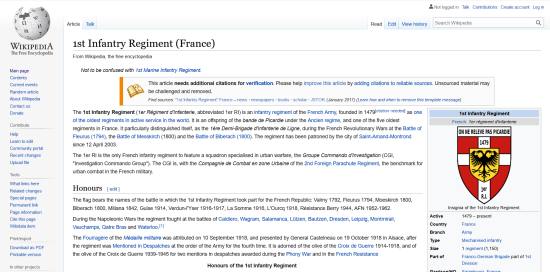
The Greatest Spy Story of the Twentieth Century
448 pages.
This is the unusual tale of Vladimir Ippolitovitch Vetrov, a corrupt and disappointed man whose thirst for revenge helped bring down a corrupt system.
What Vetrov did, with perfect timing just as Reagan became U.S. president, was to reveal to French counter-intelligence vast quantities of documents implicating Soviet spies in a comprehensive program to steal technological secrets from the West. The Soviets had concluded that they could only keep up with the West through theft rather than direct competition, and this revelation impelled the West to tighten security and starve the communist regime of the technology it needed. Some claim that this was the single key event which led to the fall of the Soviet Union.
Vetrov could do this because the KGB (Russian intelligence), amazingly, kept its technological intelligence resources centralized, staffed by former agents who were given "dead end" jobs rather than promotions or plum assignments. Further, the KGB had become corrupted into little more than a pool of desirable jobs for the sons of top-tier communist officials, a corrupt system which rewarded incompetence and sidelined those with talent. Thus, Vetrov was a bitter man with motive and opportunity.
This book is a fascinating read, yet a rather depressing one as the reader senses the doom that awaits Vetrov. It is also a slow-paced, meandering, at times almost legalistic in its deliberations, recounting of the story of Vetrov's life. The current book is a new edition of an older version, with contributions by a new co-author, then translated from French to English. The prose is often awkward, and the book is at times tedious, though commendably transparent as the authors explore all the available viewpoints, and sift the evidence to come up with theories about Vetrov's behavior at different points in his career.
If you expect Vetrov to be a "hero" figure, you would be wrong. His motives were apolitical (he considered himself a Russian patriot), mostly concerned with revenge against the organization that hadn't adequately rewarded his service (and yet he had become quite well off due to his overseas service in France and Canada). He had a drinking problem. He manipulated people. When his wife had an affair, it was an excuse to find his own lover (lovers?), and a crisis that led him to serious depression. And he would go to shocking lengths in the end, for motives that remain unknown.
This book is not a polemic about the evils of the Soviet Union, but the tale of Vetrov is inherently an indictment of a society full of corruption and weakened by amorality. It's a world where connections mean more than ability, and a pitying wife would sleep with a trial judge in the hope of obtaining leniency.
It is also a book full of information about the workings of Russian intelligence, French counter-intelligence, the justice system within the KGB, and Russian prisons. The book also raises questions about whether the French government properly protected its mole.
If you are looking for a light read, this is not the book for you. Ultimately, no one knows what Vetrov was thinking in the final stages of his life, or why he took the repugnant actions which ultimately led to his final crisis. When you complete this book, rather than feeling that all the loose ends have been wrapped up, you may be still pondering this unpalatable story.
Nothing in Vetrov's story is directly wargame-able, but this book is a treasure trove of information on Soviet culture and intelligence operations.
Reviewed by ![]() Editor in Chief Bill
Editor in Chief Bill ![]()
![]() .
.








